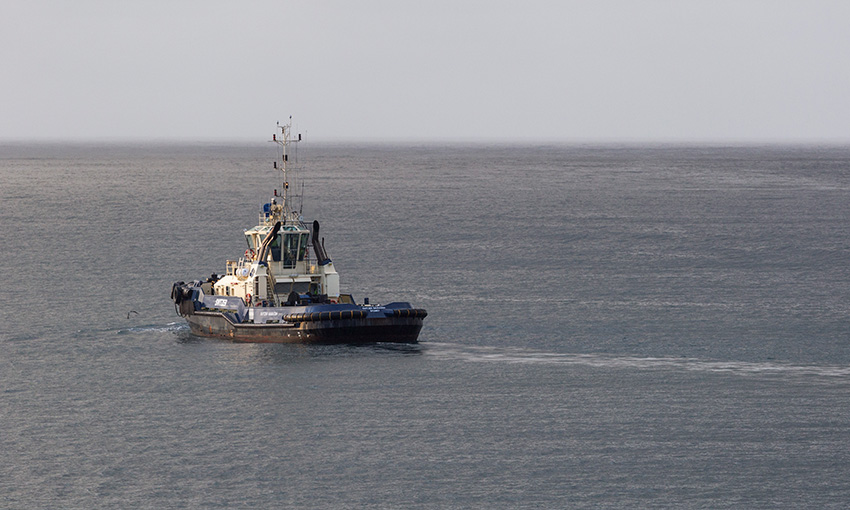A MAJORITY of maritime workers at Svitzer Australia voted in favour of a new national enterprise agreement in a ballot that closed on Saturday (10 June).
Sixty-three percent of eligible employees voted yes to the agreement, ending nearly four years of negotiations following the expiry of the 2016 agreement.
The ballot was held last week; voting closed on Saturday. The agreement now goes to the Fair Work Commission for ratification.
In a message to customers, Svitzer Australia managing director Nicolaj Noes said the agreement would provide a platform enabling the company to drive reliable and efficient towage infrastructure and enhance the productivity, safety and decarbonisation of ports and the shipping industry.
The three maritime unions (the Australian Institute of Marine and Power Engineers, the Australian Maritime Officers Union and the Maritime Union of Australia) came to an agreement in principle with the company last month but the outcome of the ballot was not an assured yes.
However, last week the MUA recommended its members vote against the agreement, saying the EA “has the potential to see the MUA terms and conditions removed and replaced with substandard provisions” at various ports around the country.
AIMPE federal secretary Martin Byrne said the yes vote came after his union gave a clear recommendation for its members to vote yes, a position endorsed by the AIMPE federal council prior to the start of voting.
“The Svitzer National EA 2023 will, once approved by the Fair Work Commission, provide members with their first pay increase in over four years and while the increases are not as big as some would like this fight was not primarily about pay,” Mr Byrne said.
“It was about defending the conditions that have been established in the Australian towage industry over many years.”
The path to this agreement has been long and, at times, acrimonious.
In November 2022, Svitzer announced it would lock out its nearly 600 maritime employees indefinitely, which would have essentially crippled shipping in the 17 ports in which it operates.
This came after more than three years of negotiations between the unions and the company.
The Fair Work Commission prevented the lockout from occurring and put a moratorium on further industrial action for six months, which ended in May.
Mr Byrne said: “FWC Commissioner Riordan devoted his time and energy to cajoling all parties to reach a settlement and, in the end recommended the proposed agreement to Svitzer employees. He also warned that if the agreement was rejected there would be an arbitration to produce a workplace determination, which would not be subject to a vote.”
Mr Byrne said Svitzer confirmed to AIMPE and the other unions on Friday 9 June that it would provide an undertaking restricting the circumstances of any future outsourcing.
“These words were negotiated by the three maritime unions with Svitzer under the guidance of Fair Work Commissioner Riordan but were omitted from the proposed EA sent to all employees for voting,” he said.
“Undertakings provided to the Fair Work Commission during Enterprise Agreement approval proceedings are enforceable when entered on to the public record and included in the approval decision.
“AIMPE, AMOU and MUA have fought off an attack which would have seen a drastic reduction in conditions – especially for casuals and part timers,” Mr Byrne said.

